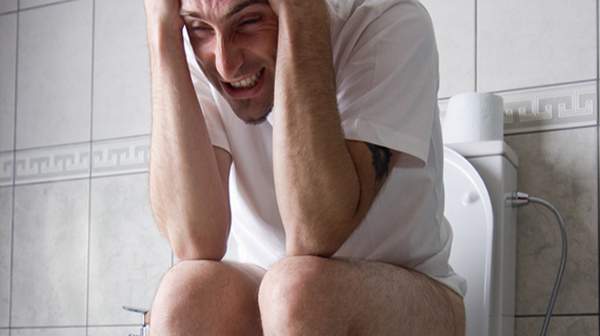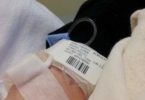What's in this article?
What is Anal Pain
Anal pain: pain in and around your anus or rectum (perianal region) is a common complaint. Although most causes of anal pain are benign, the pain itself can be severe because of the many nerve endings in the perianal region.
Many conditions that cause anal pain may also cause rectal bleeding, which is usually more frightening than serious.
The causes of anal pain usually can be easily diagnosed. Anal pain usually can be treated with over-the-counter pain relievers and hot water soaks (sitz baths).
What Causes Anal Pain?
People frequently assume that the major source of anal pain is hemorrhoids, in which swollen tissue sticks out of the anus. However, anal pain can result from:
- fissure, created by stool tearing the anus, which is generally an acute, sharp pain. There may be associated muscle spasm, resulting in prolonged pain over hours
- abscess, resulting from a bacterial infection, which may cause fever, night sweats and prolonged, constant pain.
- fungal infection, which may create prolonged pain that is less severe than an abscess.
- tumor, such as cancer, which may produce progressively worsening pain.
- muscle spasm in the pelvis, which can produce a very sharp pain that often resolves quickly.
- fistula, created by an abnormal tunnel between the rectum and the skin, which can be painful, particularly if it gets blocked by stool and an abscess forms in the tunnel behind the blockage.
- anal ulcer, a kind of sore or raw area, which may be painful and can represent an infection.
- rectal STD, such as gonorrhea, Chlamydia or herpes
- skin problem, such as psoriasis or dermatitis, which may cause itching or burning
Anal Pain Symptoms
- The pain of proctalgia fugax is sudden and intense, usually lasting less than a minute. But in rare cases, the spasm can continue for an hour. The pain is described as a sharp, stabbing, or cramp-like occurring at the anal opening. The pain can awaken the person from a sound sleep. The attacks occur in clusters, appearing daily for a while then disappearing for weeks or months.
- The pain of levator ani syndrome is a constant or frequently occurring dull pain that is felt higher up inside the rectal passage. The sensation is made worse by sitting and improves with walking or standing. The pain usually lasts approximately 20 minutes and tends to reoccur at regular intervals.
- Most hemorrhoids only cause a mild discomfort, but the pain can become severe if the hemorrhoids become thrombosed. This occurs when the blood in the hemorrhoid clots. There is an excruciating throbbing or stabbing pain that begins suddenly and can last for several days.
- An anal fissure causes a tearing or knifelike pain when it first occurs and turns into a dull ache that can last for hours. The tearing of the skin may also cause a small amount of bleeding. Each bowel movement irritates the injured skin producing sharp pain. The pain can be so intense that most people try to delay or not have a bowel movement, which only causes formation of harder stools and more pain when stool passed.
Self-care at home
Proctalgia fugax: Because the pain lasts so briefly, there is no treatment that will stop an attack of proctalgia fugax.
Levator ani syndrome: You can help stop an attack of levator ani syndrome with the following techniques.
- Sit in a hot bath.
- Massage the levator ani muscles to relieve the muscle spasm.
- Take over-the-counter, anti-inflammatory medication such as ibuprofen.
Haemorrhoids: The following treatments can help lessen the discomfort of a painful haemorrhoid.
- Sit in a hot bath for 20 minutes several times a day.
- Apply over-the-counter haemorrhoid treatments, especially those containing hydrocortisone.
- Take stool softeners and extra fibre to lessen pain with bowel movements.
Anal fissures: These home treatments will promote healing of anal fissures.
- Sit in a hot bath for 20 minutes, 3 times a day, to reduce pain and help healing.
- Eat a high-fibre diet and use stool softeners to make bowel movements less painful.
- Apply hydrocortisone or local anaesthetic creams to help decrease pain.





